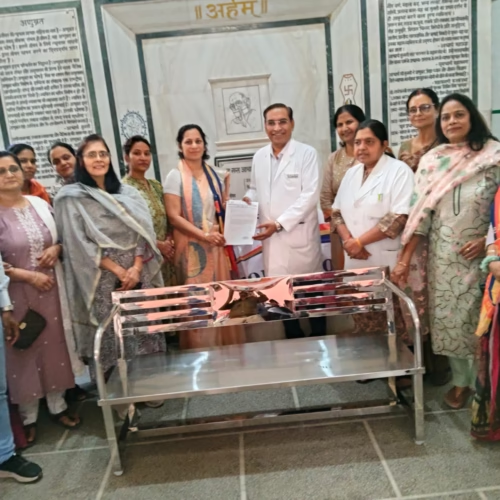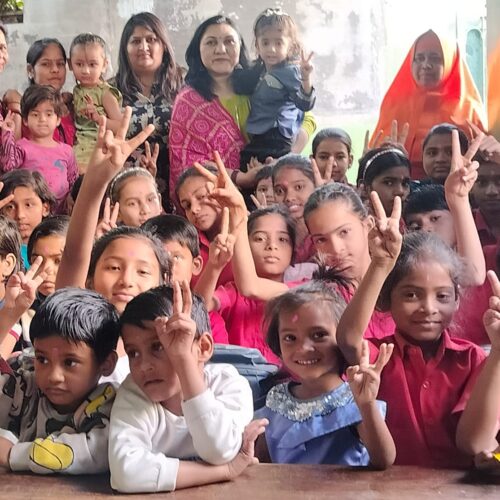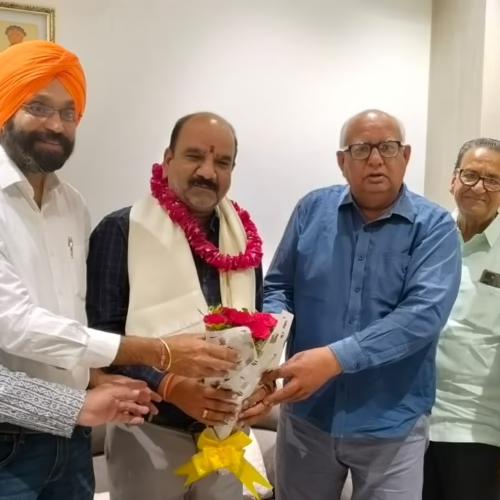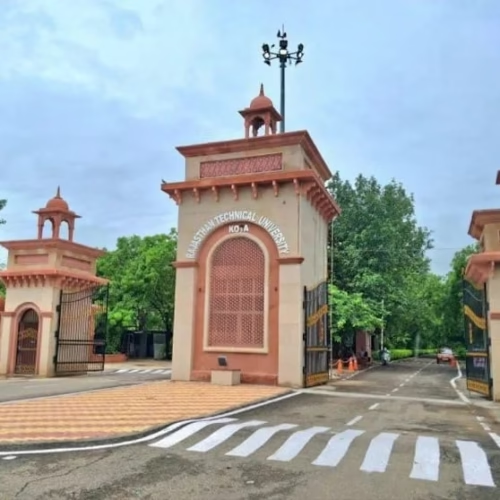By Defence Journalist Sahil
PM Narendra Modi Receives G7 Summit Invitation from Canadian PM Mark Carney; Diplomatic Reset in Sight
In a significant diplomatic development that could signal a new chapter in India-Canada relations, Prime Minister Shri Narendra Modi received a telephone call from newly elected Canadian Prime Minister Mr. Mark Carney on Friday, June 6, 2025. The call primarily served as a formal invitation for India to attend the upcoming G7 Summit scheduled to be held in Kananaskis, Alberta, Canada later this month.
This outreach by Prime Minister Carney comes amid expectations of a recalibrated foreign policy approach from Ottawa after a phase of strained bilateral ties between the two democracies. The conversation was marked by mutual warmth and a forward-looking tone.
Reaffirmation of Ties and Democratic Bonds
According to the official release, Prime Minister Modi extended his congratulations to Prime Minister Carney on his recent election victory, expressing confidence in his leadership. Both leaders highlighted the “deep people-to-people ties” between India and Canada—an enduring element in their bilateral relationship that transcends political cycles and occasional frictions.
In a clear signal of thawing relations, both sides reaffirmed their commitment to work together with renewed vigour, guided by mutual respect and shared interests. This comes at a time when Indo-Pacific stability, climate change, economic resilience, and technological collaboration are expected to dominate the global agenda, especially at multilateral forums like the G7.
PM Modi’s Message on Social Media
After the phone call, Prime Minister Modi shared a post on X (formerly Twitter):
“Glad to receive a call from Prime Minister @MarkJCarney of Canada. Congratulated him on his recent election victory and thanked him for the invitation to the G7 Summit in Kananaskis later this month. As vibrant democracies bound by deep people-to-people ties, India and Canada will work together with renewed vigour, guided by mutual respect and shared interests. Look forward to our meeting at the Summit.”
This diplomatic tone, emphasizing vibrant democratic values and collaboration, reflects India’s intent to engage constructively with the new Canadian leadership, particularly after months of tensions over political and community-related issues.
A New Era of India-Canada Cooperation?
Mark Carney, a former central banker with international standing and now the elected leader of Canada, is widely seen as a pragmatic and globally oriented statesman. His outreach to India could mark a reset in Indo-Canadian relations, especially in light of their shared interests in climate action, clean tech, counter-terrorism, global economic stability, and educational partnerships.
The G7 Summit in Kananaskis will offer a crucial opportunity for India—not a member of the G7 but often invited as an outreach partner—to showcase its global leadership. For Canada, engaging India at this juncture also helps reinforce its Indo-Pacific strategy amid growing regional complexities and China’s increasing assertiveness.
India’s participation in the G7 also comes at a time when New Delhi is deepening its ties with other global powers like France, the US, Japan, and the EU, thus solidifying its role as a “Vishwaguru” (global leader) and a voice for the Global South.
As the world prepares for critical multilateral engagements, all eyes will be on Kananaskis, where Prime Minister Modi and Prime Minister Carney will meet in person—potentially paving the way for a robust roadmap of bilateral cooperation and global partnerships.
प्रधानमंत्री नरेंद्र मोदी को कनाडाई प्रधानमंत्री मार्क कार्नी से G7 सम्मेलन के लिए औपचारिक निमंत्रण, भारत-कनाडा संबंधों में दिखा नया मोड़
06 जून 2025 को भारत और कनाडा के बीच द्विपक्षीय संबंधों में एक अहम मोड़ देखने को मिला जब प्रधानमंत्री नरेंद्र मोदी को कनाडा के नवनिर्वाचित प्रधानमंत्री मार्क कार्नी का फोन आया। इस बातचीत के केंद्र में आगामी G7 शिखर सम्मेलन का औपचारिक निमंत्रण था, जो इस माह के अंत में कनाडा के कनानास्किस, अलबर्टा में आयोजित किया जाएगा।
यह कॉल उस समय आया है जब भारत और कनाडा के संबंध बीते कुछ महीनों में राजनीतिक असहमति और सामुदायिक मुद्दों के कारण तनावपूर्ण रहे हैं। लेकिन मार्क कार्नी के सत्ता में आने के बाद यह पहली उच्च स्तरीय बातचीत दोनों देशों के बीच संभावित संबंधों की पुनःस्थापना का संकेत देती है।
लोकतांत्रिक संबंधों का दोहराया गया संकल्प
प्रधानमंत्री मोदी ने कनाडाई प्रधानमंत्री को उनके चुनावी विजय पर बधाई दी और G7 सम्मेलन के लिए निमंत्रण स्वीकार किया। दोनों नेताओं ने इस बात पर जोर दिया कि भारत और कनाडा के बीच गहरे ‘पीपुल-टू-पीपुल’ संबंध हमेशा से इन संबंधों की रीढ़ रहे हैं।
बातचीत में दोनों देशों ने “आपसी सम्मान और साझा हितों” के आधार पर एक नई ऊर्जा के साथ साथ काम करने की प्रतिबद्धता दोहराई। यह एक महत्वपूर्ण वक्तव्य है, विशेषकर जब भारत वैश्विक मंचों पर नेतृत्व कर रहा है और कनाडा इंडो-पैसिफिक में अपनी रणनीति को मजबूत करने की दिशा में काम कर रहा है।
प्रधानमंत्री मोदी का सोशल मीडिया संदेश
फोन कॉल के बाद प्रधानमंत्री मोदी ने एक्स (पूर्व में ट्विटर) पर लिखा:
“Glad to receive a call from Prime Minister @MarkJCarney of Canada. Congratulated him on his recent election victory and thanked him for the invitation to the G7 Summit in Kananaskis later this month. As vibrant democracies bound by deep people-to-people ties, India and Canada will work together with renewed vigour, guided by mutual respect and shared interests. Look forward to our meeting at the Summit.”
यह पोस्ट स्पष्ट करता है कि भारत, कनाडा के साथ लोकतांत्रिक मूल्यों और साझेदारी को आगे बढ़ाने के लिए तैयार है।
क्या भारत-कनाडा संबंधों में आएगा नया युग?
मार्क कार्नी, जो विश्व प्रसिद्ध अर्थशास्त्री और केंद्रीय बैंक के पूर्व प्रमुख रहे हैं, एक वैश्विक दृष्टिकोण वाले नेता माने जाते हैं। उनके द्वारा भारत को आमंत्रित किया जाना एक स्पष्ट संकेत है कि कनाडा अब भारत के साथ सामरिक, आर्थिक और जलवायु आधारित साझेदारी को पुनः मजबूत करने की ओर अग्रसर है।
इस वर्ष का G7 सम्मेलन, जिसमें भारत को विशेष आमंत्रित साझेदार के रूप में शामिल किया गया है, भारत के लिए एक महत्वपूर्ण अवसर है कि वह वैश्विक नेतृत्व की अपनी भूमिका को और मजबूत करे। वहीं, प्रधानमंत्री मोदी और प्रधानमंत्री कार्नी के बीच संभावित मुलाकात एक नया रोडमैप तय कर सकती है — जिसमें उच्च शिक्षा, स्वच्छ ऊर्जा, आतंकवाद के खिलाफ सहयोग, टेक्नोलॉजी और इंडो-पैसिफिक क्षेत्र में रणनीतिक समन्वय शामिल हो सकता है।












Add Comment